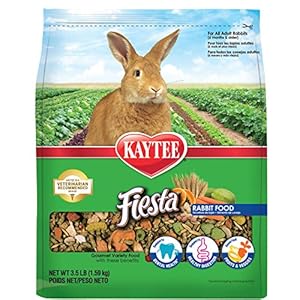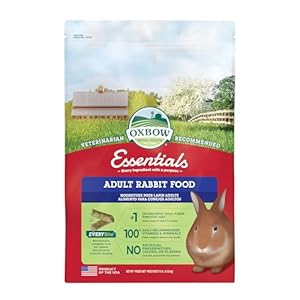Ultimately, it could have been fears that Kraft Heinz would take away plastic tubs of Cool Whip or individually wrapped processed cheese slices from grocery retailer cabinets that defeated an bold packaging discount and recycling invoice within the New York State Legislature.
Or maybe it was the newspaper ads from pro-plastic lobbyists warning New Yorkers that “radical activists” had been “about to break summer season BBQ season.”
Regardless of the trigger, a invoice that may have basically reshaped how single-use plastic waste is managed within the fourth-largest state went right down to defeat earlier this month within the New York State Meeting after passing within the State Senate, as lawmakers accomplished their common legislative session for 2023.
“Our posture is, every time the Meeting comes again, we’re going to attempt once more, whether or not that’s subsequent January, or sooner,” mentioned Judith Enck, founder and president of Past Plastics, an environmental group that backed the laws. “We’ve got come this far; we’re not giving up. Plastic air pollution will not be going anyplace and neither are we.”
The opposition to the laws, which included provisions generally known as “prolonged producer accountability,” or EPR, will likely be prepared, too. Usually, EPR holds producers of merchandise chargeable for their administration by way of the product’s lifecycle.
“We aren’t against EPR for packaging,” mentioned Ken Pokalsky, vice chairman of the Enterprise Council of New York State, a enterprise foyer group. “We’re against this invoice, which has a whole lot of flaws.”
Invoice Was Touted as a Mannequin
A number of years within the making, the proposed Packaging Discount and Recycling Infrastructure Act had adopted a “polluter pays” philosophy, placing the monetary burden for managing packaging waste on the businesses that generate it, slightly than taxpayers or authorities businesses.
“It’ll take us away from single-use plastics which can be obliterating our surroundings, our oceans or simply being burned,” or despatched to landfills, New York state Sen. Pete Harckham (D-Westchester), the invoice’s principal sponsor within the Senate, told Inside Local weather Information. Much less waste additionally means fewer heat-trapping gases blamed for inflicting local weather change, he mentioned.
Past Plastics noticed the invoice as a nationwide mannequin, and probably the most complete within the nation. It sought to deal with not solely recycling and waste discount but in addition would have banned a few of the most poisonous chemical compounds present in plastic packaging.
5 different states have handed EPR legal guidelines for plastic packaging, from Maine in 2021 to Minnesota, the most recent, earlier this yr. Maine and Minnesota each left lots of the particulars to be labored out by state businesses.
California’s bill, handed in 2022, is probably the most bold to change into legislation to this point—looking for to chop single-use plastic packaging and meals service ware by 25 %; recycle 65 % of single-use plastic packaging and meals service ware; and make 100% of single-use packaging and plastic meals service ware recyclable or compostable.
However some critics, Past Plastics amongst them, fear that the California legislation permits for simple exemptions, offers the business an excessive amount of management over itself and should have left the door open to chemical recycling, which in some frequent varieties environmental teams contemplate to be tantamount to incineration, not precise recycling.
“We’d like a state to do it proper,” mentioned Enck, a former Environmental Safety Company regional director throughout the Obama administration who received her begin in environmental advocacy by efficiently lobbying for New York’s state’s 1982 Returnable Container Act, generally known as the bottle invoice.
Pokalsky agreed that lawmakers and environmental advocates alike gained’t surrender on a plastics packaging invoice for New York. However he referred to as for scrapping the language within the Packaging Discount and Recycling Infrastructure Act and seeking to Minnesota’s strategy as a mannequin.
Trending Merchandise










